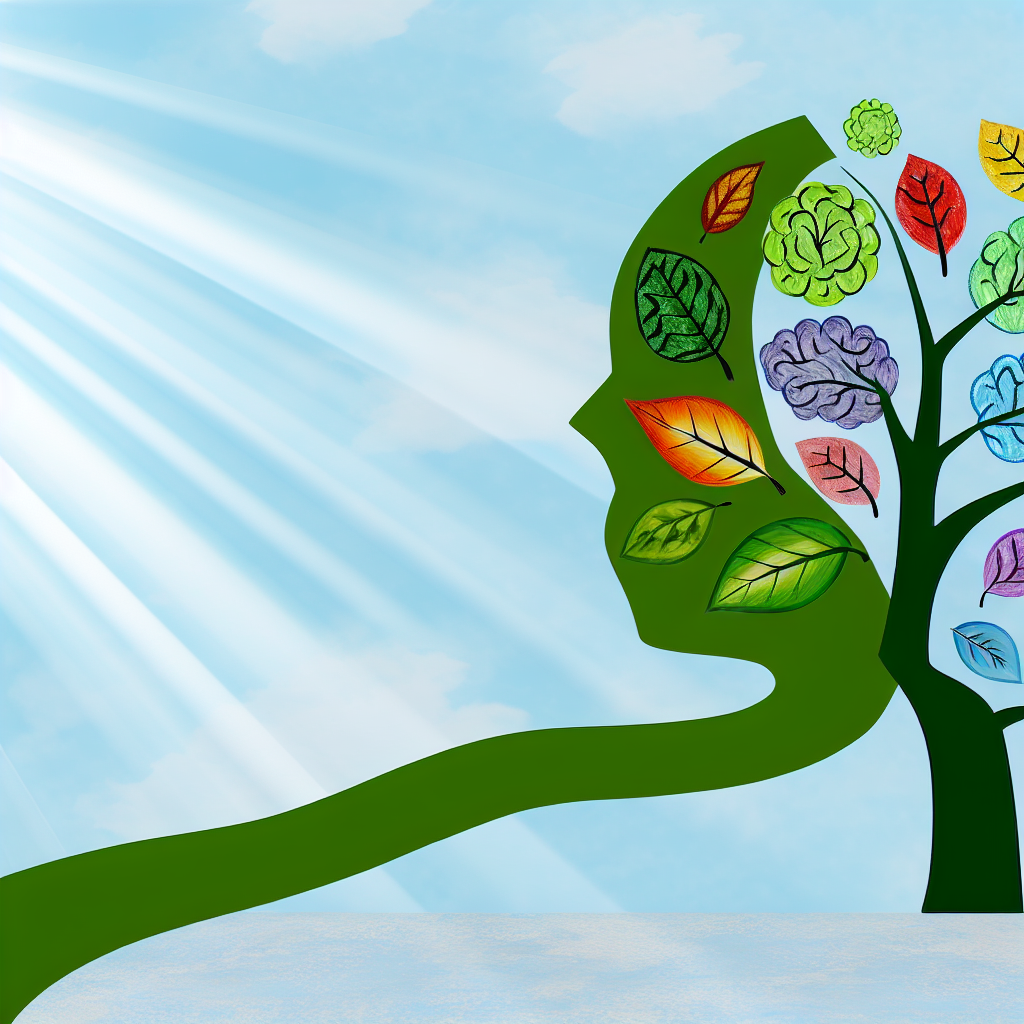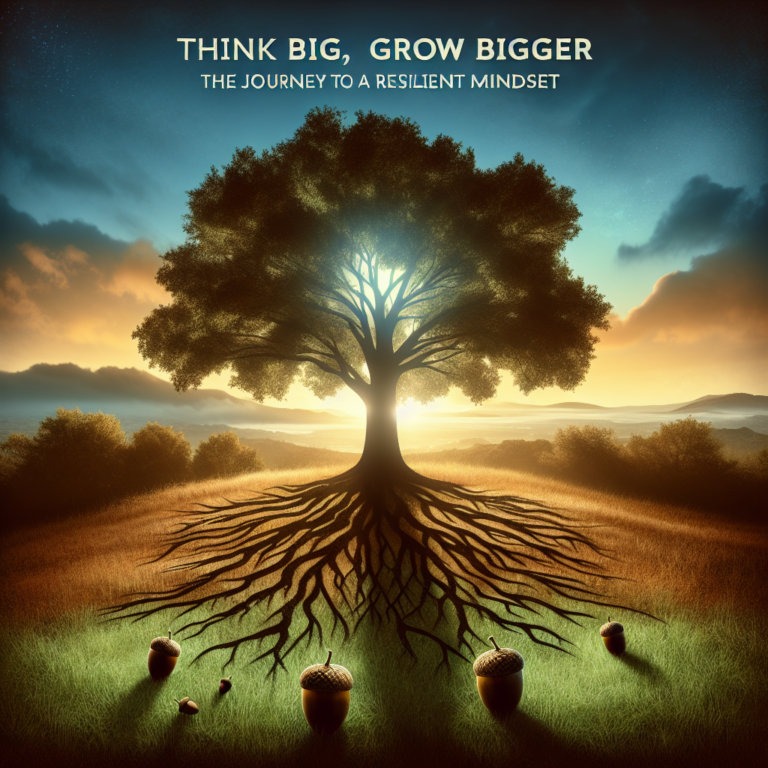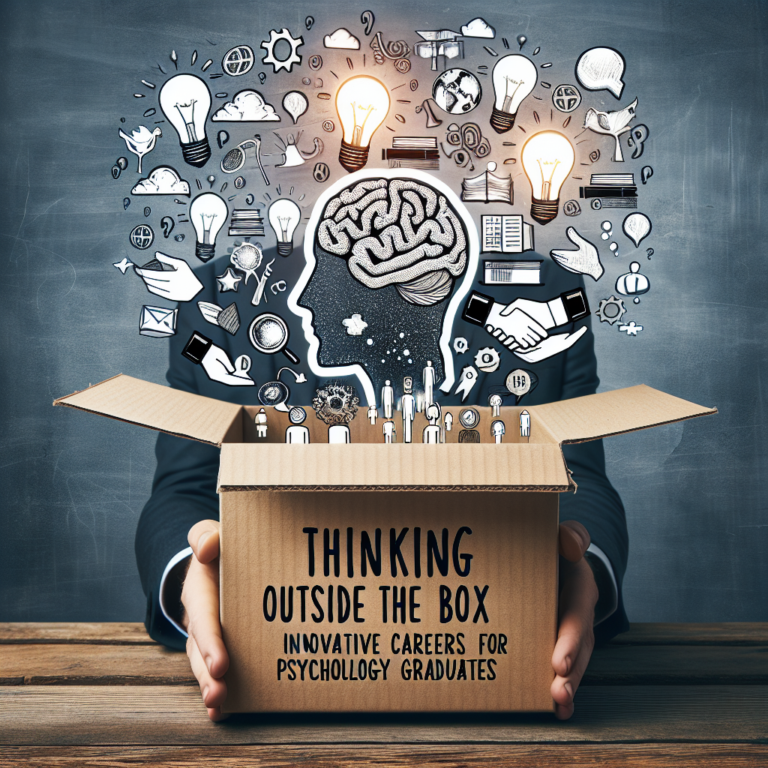
The Many Faces of Learning: Stages of Cognitive Development Explained
Introduction
In a world driven by rapid technological advancements and an ever-evolving job market, understanding how we learn and develop cognitively has never been more crucial. The Many Faces of Learning: Stages of Cognitive Development Explained provides an insightful exploration into the stages of cognitive development, shedding light on how individuals process information and adapt to their environments. This powerful knowledge not only enhances educational practices but also helps us navigate personal and professional relationships more effectively.
As we delve deeper into this subject, we will uncover the critical stages of cognitive development, the influence of environment on learning, and practical applications that can inform teaching methods and learning experiences.
Theoretical Framework: Cognitive Development Theories
At the heart of understanding cognitive stages lie several key theories. The most prominent among them is Jean Piaget’s Theory of Cognitive Development, which proposes that children progress through four stages of cognitive growth.
1. The Sensorimotor Stage (0-2 Years)
In this initial stage, infants learn about the world primarily through their senses and motor activities. They experiment, manipulate objects, and develop an understanding of object permanence—the awareness that objects exist even when out of sight.
Case Study: Consider a mother playing peek-a-boo with her 8-month-old baby. Initially, the child may not understand that the mother’s face still exists when hidden. However, through repeated play, the child eventually grasps this concept, illustrating significant cognitive development.
2. The Preoperational Stage (2-7 Years)
Children in this stage begin to engage in symbolic play and develop language skills. However, their thinking is characterized by egocentrism, where they have difficulty understanding perspectives other than their own.
Case Study: A kindergarten classroom engages students in role-playing activities. While some children may struggle to consider their peers’ feelings—choosing to play only roles they prefer—the teacher can guide discussions around empathy and cooperation. This experience demonstrates aspects of cognitive development within social contexts.
3. The Concrete Operational Stage (7-11 Years)
At this point, children start to think logically about concrete events. They gain a better understanding of the concept of conservation—the realization that quantity does not change even when its shape does.
Table: Key Features of Piaget’s Stages of Cognitive Development
| Stage | Age Range | Key Features |
|---|---|---|
| Sensorimotor | 0-2 years | Learning through senses; object permanence |
| Preoperational | 2-7 years | Symbolic play; egocentrism |
| Concrete Operational | 7-11 years | Logical thinking about concrete events |
| Formal Operational | 12 years and up | Abstract reasoning; hypothesis testing |
4. The Formal Operational Stage (12 Years and Up)
In the final stage, individuals can think abstractly and engage in higher-order thinking skills. They can hypothesize, deduce, and use logic in more complex situations.
Analysis: The transition from the Concrete Operational stage to the Formal Operational stage demonstrates how developing logical skills can lead to problem-solving in real-life situations, such as planning a scientific experiment.
Beyond Piaget: Other Theories of Cognitive Development
While Piaget laid the groundwork for understanding cognitive stages, other theorists have contributed significantly to the discourse.
Lev Vygotsky’s Sociocultural Theory
Vygotsky emphasized the importance of social interactions and cultural context in cognitive development. He introduced the concept of the Zone of Proximal Development (ZPD), emphasizing that children learn best through guided interactions with more knowledgeable individuals.
Case Study: A school implements peer tutoring programs where older students help younger ones. This not only reinforces the older students’ knowledge but also supports younger students’ learning in ways that are contextually relevant, promoting mutual cognitive growth.
The Environmental Impact on Learning
Environmental factors play a significant role in cognitive development. Socioeconomic status, cultural background, and educational exposure can drastically influence learning outcomes.
Real-World Application: Head Start Programs
Analysis: Research indicates that children from disadvantaged backgrounds who participate in early childhood education programs, like Head Start, show improved cognitive and social skills compared to their peers who do not. This reinforces the idea that environmental interventions can bridge developmental gaps.
The Role of Emotion in Cognitive Development
Emotions significantly influence cognitive processes, as they can either enhance or impede learning. Emotional intelligence, as described by Daniel Goleman, reveals the power of understanding your own emotions and those of others in facilitating cognitive development.
Case Study: Emotional Learning Programs
A school district implements a social-emotional learning (SEL) program aimed at teaching children to manage their emotions. Observable improvements in both academic performance and overall behavior illustrate the interconnection between emotional well-being and cognitive development.
Introducing Modern Technologies in Cognitive Development
In today’s digital age, technology has reshaped the landscape of learning. From online courses to educational apps, various tools are available to enhance cognitive development.
Example: Gamification in Learning
Analysis: By incorporating gamified learning experiences, educators can engage students in ways that reflect their everyday interactions with technology. Using apps like Kahoot! or Quizizz, students can compete in quizzes that reinforce learning while appealing to their digital savviness.
Table: Benefits of Technology in Learning
| Technology Tool | Benefits |
|---|---|
| Educational Apps | Engaging interface; instant feedback |
| Online Courses | Flexibility; vast options for learning |
| Gamified Learning | Enhances motivation; facilitates deep learning |
Lifelong Learning and Cognitive Development
Cognitive development does not end with adolescence; it is a lifelong process. Understanding the stages can inspire continuous learning and adaptability in various phases of life.
Adult Learning Theories
The principles of Andragogy, as proposed by Malcolm Knowles, emphasize that adults learn differently from children. Their learning is self-directed, experiential, and often collaborative.
Case Study: A professional development course encourages employees to share experiences from their own workplaces, utilizing their backgrounds as resources for learning. This not only solidifies their own knowledge but enriches the group’s collective understanding.
Conclusion
The Many Faces of Learning: Stages of Cognitive Development Explained illuminates the complexities and intricacies of how we learn, grow, and understand the world around us. By embracing these theories and insights, educators, caregivers, and individuals alike can foster environments conducive to cognitive development.
As we cultivate awareness of these stages, we can create educational frameworks that adapt to our changing world, empower future generations, and inspire lifelong learners. Remember, learning is not merely the acquisition of knowledge but the ability to adapt, innovate, and grow throughout our lives.
FAQs
1. What are the key stages of cognitive development?
The key stages, as defined by Jean Piaget, include the Sensorimotor, Preoperational, Concrete Operational, and Formal Operational stages.
2. How can I support my child’s cognitive development?
Engaging in interactive play, providing opportunities for exploration, and fostering a rich language environment can positively influence cognitive growth.
3. What role do emotions play in cognitive development?
Emotions significantly impact learning outcomes, as they can enhance motivation and memory retention or hinder cognitive processing if left unmanaged.
4. How do cultural factors influence cognitive development?
Cultural context shapes cognitive processes through social interactions, learning styles, and values, affecting the ways individuals engage with and interpret information.
5. Are cognitive development stages purely linear?
While the stages are sequential according to Piaget, individual experiences, environmental factors, and socio-cultural contexts can lead to variations in cognitive development pathways.
In conclusion, the journey of understanding the cognitive stages is one of perpetual exploration and development—an adventure that is uniquely individual yet universally relevant. Embrace the learning journey, and may it inspire both personal and collective growth.















